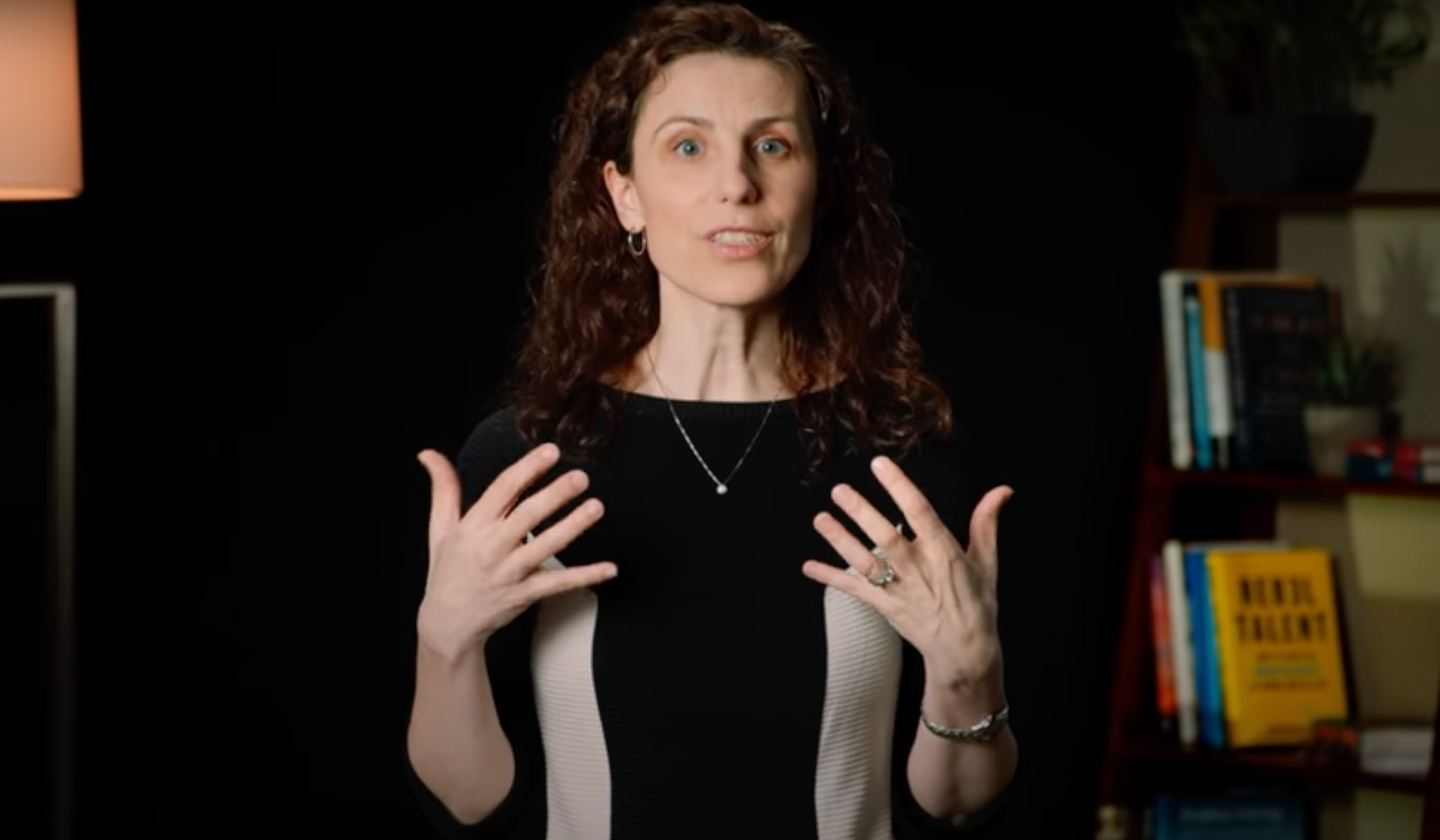


NRPLUS MEMBER ARTICLE A leading Harvard Business School researcher who focuses on dishonesty and unethical behavior has been accused of falsifying research results. It is hard to imagine a better reason why the public rightfully distrusts social science.
Professor Francesca Gino has authored dozens of studies on dishonesty and has been regularly cited as an authority on the subject by prominent left-leaning outlets such as National Public Radio and the New York Times. Now, both outlets admit that part of Gino’s research was likely fabricated.
Independent researchers replicating Gino’s work have consistently found that she exaggerated the size of the effects that she studied, or outright fabricated them, to suggest that people can be made to lie less with simple “nudges” (such as making them sign that they promise to be honest at the beginning, rather than at the end, of a form they are filling out). Digital forensics by science bloggers cast doubt on the results of her apparently dishonest research about lying:
“The effect for the ‘Harvard’ observations is significantly larger than the effect for the non-Harvard observations (p < .000001),” the bloggers write. “This strongly suggests that these ‘Harvard’ observations were altered to produce the desired effect.”
The Proceedings of the National Academy of Sciences has since retracted Gino’s research, as it seems she simply tested a series of arbitrary data combinations until arriving at the “correct” statistical correlation she wanted to believe (in this case, that small nudges can change human behavior to decrease dishonesty).
“We believe that Harvard University has access to the Qualtrics file that could have perfectly verified (or disputed) our concerns,” the bloggers continued. “We told them which file to get, which cells to check, and which values they would find in the Qualtrics file if we were right. We don’t know if they did this, or what they found if they did. All we know is that, 16 months later, they requested that the article be retracted.”
Something very similar occurred in 2015, when UCLA Ph.D. candidate Michael LaCour faked all the data in a political-science study to “prove” that gay canvassers could change voters’ minds in favor of LGBT causes through brief conversations. The resulting study, co-authored with a Columbia University professor, received an immense amount of media attention, including from the New York Times, which set LaCour on an easy path to academic success, even landing him a job offer to become an assistant professor at Princeton University. When it was revealed that LaCour seemingly never conducted any study at all and simply made up the data, Princeton University rescinded its offer, and the New York Times was left asking, “How could this happen?”
This kind of politically or otherwise motivated lying is shockingly common in the social sciences, where a study’s conclusions are often directly linked to what the researchers wish to be true rather than what the evidence suggests is true. When a researcher’s conclusions fit both his own (usually progressive) narrative and the media’s, they’re simply too good to check.
Besides, any social scientist like Gino has a very clear incentive to avoid selecting a study design or a data set in the first place if it is likely to generate evidence for a belief that the researcher or the customers of the research don’t favor.
Studies turning up exciting results about which everyone in the incentive flow wants to hear tend to be published widely and obtain the precious media attention that universities thrive on, whereas studies that don’t reinforce the consensus disappear, either because the scientists never submit them or because no journal wants to publish inconvenient or uninteresting results.
Creating and perpetuating falsehoods damages the credibility of science as a whole, building a politically biased and thus deeply flawed canon of knowledge, but no individual in the system has an incentive to tackle the problem.
“Much of the scientific literature, perhaps half, may simply be untrue,” Richard Horton, editor of the Lancet, a peer-reviewed medical journal, wrote in a 2015 study. “Afflicted by studies with small sample sizes, tiny effects, invalid exploratory analyses, and flagrant conflicts of interest, together with an obsession for pursuing fashionable trends of dubious importance, science has taken a turn towards darkness.”
And this crisis is getting worse. A 2020 DARPA survey of 2,500 social-science papers determined that starting in 2009, 53.4 percent of them had failed to replicate — that is, their results could not be verified independently by subsequent research and thus may be wrong. By 2018, that number had risen to 55.8 percent. This means that flipping a coin on any question might be more reliable than “trusting the science.”
In a survey of 2,000 research psychologists, more than half openly admitted to having selectively reported experiments to yield results favorable to their views. Another 34 percent of scientists admit that they’ve engaged in “questionable research practices” such as “dropping data points on a gut feeling” and “changing the design, methodology, and results of a study in response to pressures from a funding source.”
Worryingly, this kind of manipulated research is cited by other scientists at the same rate as more robust research, and the vast majority of such citations are positive. This is especially true in fields dominated by the rising wave of progressive identity politics.
Lowered standards have resulted in the proliferation of entire fields of study that are so susceptible to confirmation bias that their journals repeatedly publish flat-out falsehoods and then refuse to issue retractions if the research results are getting flattering media attention.
To “trust the science,” we need to first fix science and rid important scientific fields of ideological contamination. Otherwise, the incentive structure that favors politics over truth will continue to distort our understanding of reality.
